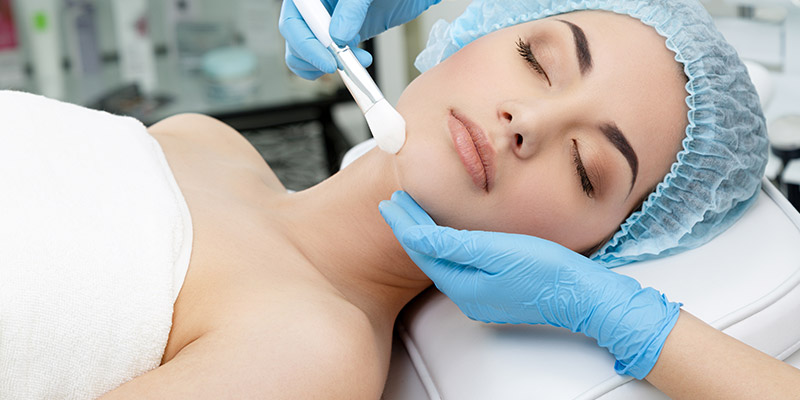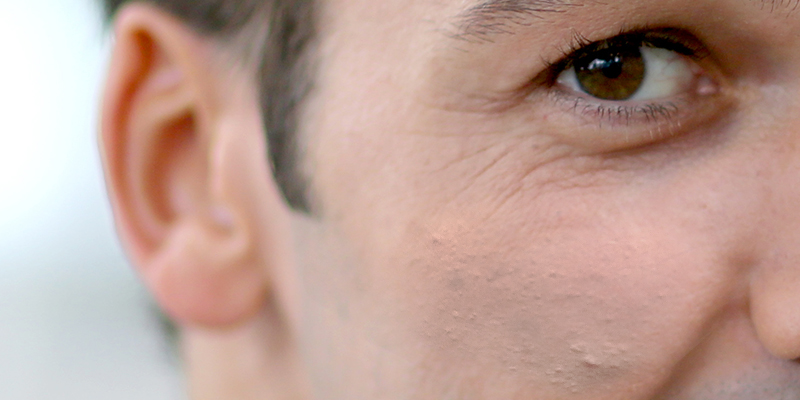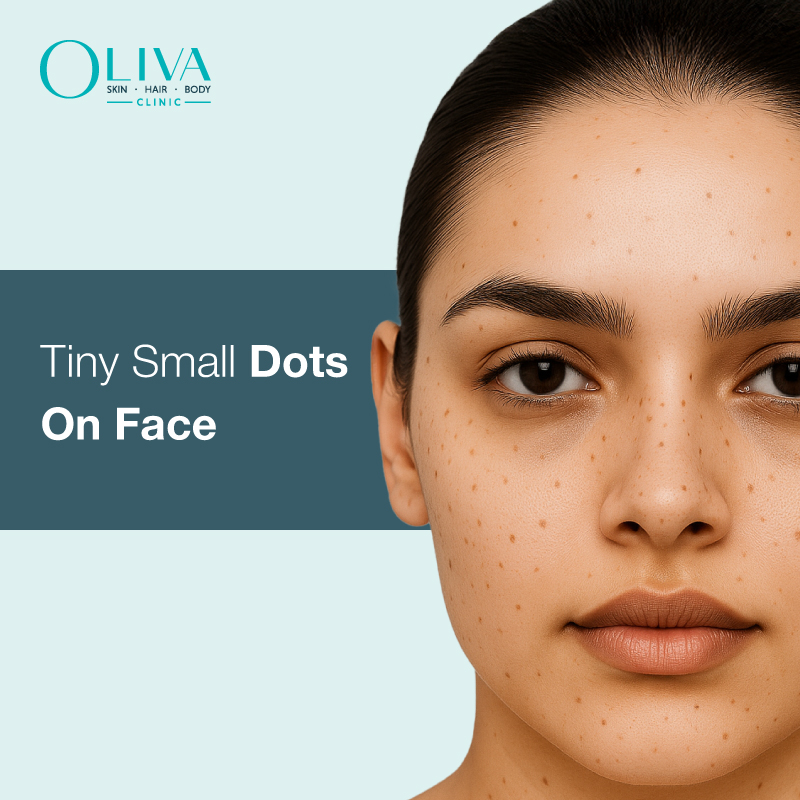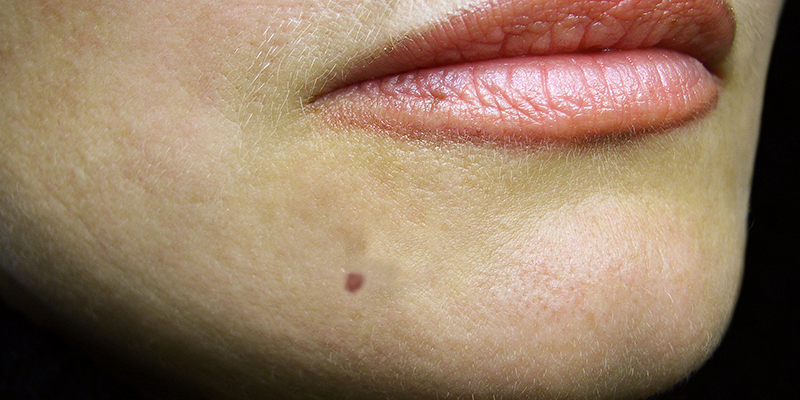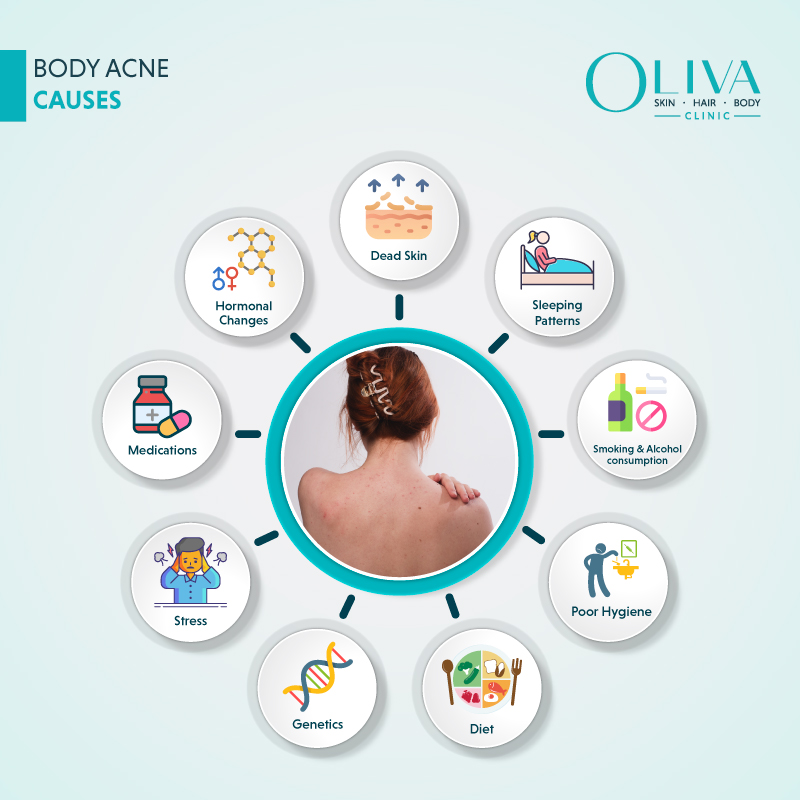Table Of Content
How to Repair Damaged Skin: Home Remedies & Prevention Tips
Is your skin showing signs of damage? Factors like sun exposure, poor nutrition, pollution, and everyday stress can damage your skin. Don’t worry. Your skin has the incredible ability to heal and repair naturally. However, it is possible only with the right blend of proper care and nourishment. In this article, we’ll learn about what causes skin damage on face, how to repair damaged skin, and the prevention tips.
Table Of Content
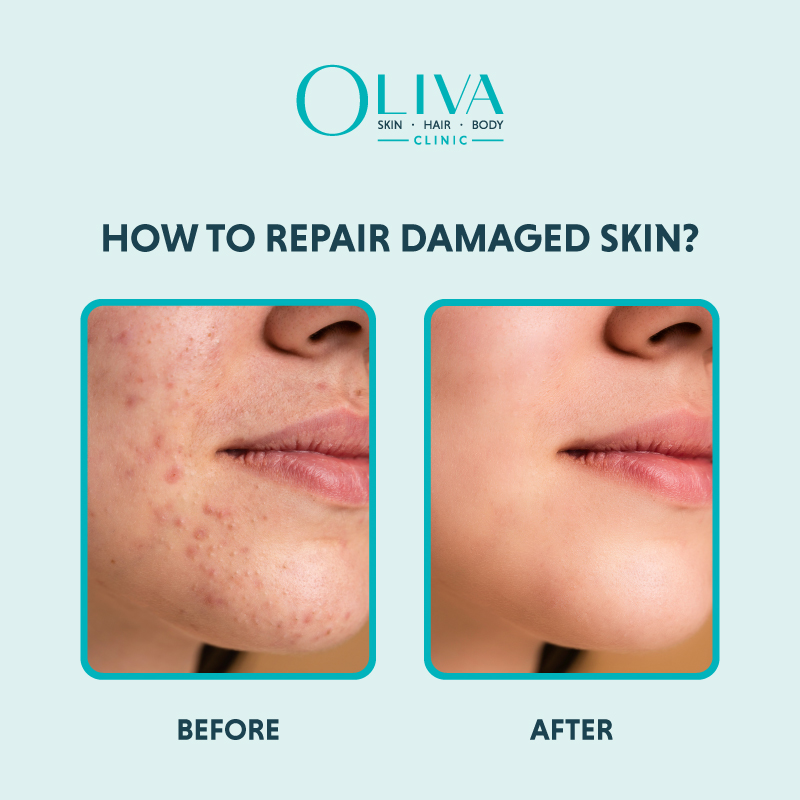
Causes of Skin Damage
Skin damage can result from prolonged exposure to sun rays, UV radiation and environmental pollutants that can weaken the skin’s protective barrier. Other factors leading to skin degradation are harsh skin care products, less hydration, smoking, and poor diet; these factors accelerate the ageing process and thus degrade skin health.
Cause |
Reasons |
| Sun Exposure | Ultraviolet rays cause penetration into the skin and damage DNA, resulting in premature ageing and an increased risk of skin cancer. |
| Smoking | It deprives the skin of blood flow and oxygen, destroys collagen and elastin, and causes wrinkles and dull skin. |
| Poor Nutrition | The lack of adequate nutrients to boost the barrier results in weak skin that lacks elasticity and takes a long time to heal. |
| Dehydration | Inadequate water intake can leave the skin dry, flaky, and less resilient to environmental stressors. |
| Pollution | Pollution exposure can clog your pores, create oxidative stress, and accelerate ageing. |
| Stress | Inflammation is triggered by chronic stress and disrupted skin barriers, worsening conditions such as acne. |
| Lack of Sleep | Insufficient sleep reduces skin repair, creating dark circles, puffiness, and a dull complexion. |
| Excessive Alcohol Consumption | Alcohol dehydrates the skin, enlarges blood vessels and weakens the skin’s natural defences. |
Signs And Symptoms Of Damaged Skin
A damaged skin barrier can result in various physical signs, including dry, flaky skin with a rough texture. One may also observe a lot of redness, itching, and skin tightness. Hyperpigmentation, dark spots, sunburn, and uneven skin tone can often arise due to a defective skin barrier. Excess oil production from the skin leads to imbalances, and deep wrinkles, fine lines, and dullness indicate further damage. Enlarged and damaged pores and acne scars are additional signs that the skin’s protective barrier is disturbed and emphasise the need for restorative care.
Best Ways To Repair Damaged Skin
To repair damaged skin, avoid practices and things that negatively impact the skin. Some examples are excessive sun exposure, smoking, use of harsh chemicals, chlorinated pools, and stress.
- Dryness: The skin is stripped of moisture and collagen, which feels a little sticky. Natural radiance is lost, and skin texture starts to feel rough.
- Fine lines & wrinkles: Collagen decreases, and the skin becomes slack, forming wrinkles and tiny folds.
- Dullness and hyperpigmentation: Cellular damage increases melanin, darkening the complexion and forming dark spots.
- Acne: Pimples, bumpy skin, inflammation, minor skin injuries, redness, itchiness, concluded by dark spots.
Here, we bring you a few safe products that answer your question about how to repair damaged skin.
-
Aloe Vera
Aloe vera contains a rich amount of vitamins and antioxidants. It works well to soothe the skin, eliminate irritations, and produce collagen to foster quick healing processes. If you are concerned about how to repair the skin barrier naturally, aloe vera is the best answer to your problems. It helps maintain the skin’s natural moisture barrier, which is most damaged.
-
Coconut oil
It is loaded with fatty acids that deeply nourish and moisturise your skin. It reduces skin inflammation and has antimicrobial properties that repair the skin. Vitamin E found in coconut oil helps repair damaged skin and reduce scars.
-
Jojoba Oil
Perfect emollient; closely resembles the sebum on the skin. It contains vitamins E and B, which are all responsible for helping skin repair damage, reduce redness, and enhance skin barrier functions, providing healthy, resilient skin.
-
Lavender
Lavender has anti-inflammatory and antimicrobial properties that alleviate irritated skin and help heal it. It also minimises redness, helps burns, and prevents scar formation, which is essential in repairing and rejuvenating skin.
-
Honey
It is a great natural humectant that draws moisture into the skin for hydration. Honey also contains antibacterial and anti-inflammatory agents that enhance wound healing, diminish scars, and induce tissue regeneration—good repair ingredients for damaged skin.
-
Shea Butter
A rich source of fatty acids, this ingredient also includes vitamins A and E, sufficient to moisturise and nourish the skin. It boosts collagen production, resulting in a better skin elastic property. It aids in repairing damaged skin by reducing inflammation and not allowing it to dry out.
-
Herbal Tea
Herbal teas, like chamomile and green tea, are full of antioxidants, which fight free radicals, reduce inflammation, and heal the skin. This herbal tea has many beneficial factors for skin irritation, whether applied topically or orally. It enhances skin hydration and supports the skin’s natural repair process.
Prevention Tips For Damaged Skin
If you are tired of dull and damaged skin, here are a few preventive tips that can do wonders for your skin.
-
Hydration:
Properly hydrated skin remains elastic and has a healthy skin barrier, so there is no dryness, irritation, or fine lines. Water intake clarifies your complexion, flushing out toxins.
-
Apply Sunscreen:
Constant sunscreen shields your skin from harmful UV rays that cause sunburn and premature ageing, lowering the chances of skin cancer and keeping your skin healthy and youthful.
-
Gently Exfoliate:
With exfoliation, you can gently remove dead skin, unclog your pores, and stimulate cell turnover. It’ll smooth out the skin’s texture and reduce dullness without irritation that can be damaging.
-
Physical Activity:
Regular exercises enhance blood circulation into the skin’s layers, supplying oxygen and nutrients that boost cell repair and renewal for a healthy, glowing complexion.
-
Use a Gentle Cleanser:
A gentle cleanser maintains the skin’s natural pH and removes impurities without stripping off the essential oils. This prevents dryness, irritation, and long-term damage.
-
Diet:
A balanced diet filled with antioxidants, vitamins, and good fats nourishes the skin from the inside out, resulting in a clear and glowing complexion while preventing damage from free radicals.
-
Mindful Skincare Routine:
Following a regular skincare regime according to skin type facilitates protection and nourishment, preventing common problems such as acne, dryness, and premature ageing and ensuring overall skin health.
-
Adequate Sleep:
This helps restore and repair the skin. Enough sleep reduces dark circles, puffiness, and fine lines, allowing a fresh and youthful look.
-
Avoid Harsh Products:
Avoid using harsh products on your skin to maintain a healthy skin barrier, free from irritation and sensitivities. The use of mild, skin-friendly ingredients contributes to the long-term health and resilience of the skin.
-
Daily Cleansing:
Regular facial cleansing helps remove dirt, oil, and impurities, preventing clogged pores and breakouts. It also supports skin hygiene for a clean and healthy complexion.
-
Use Hyaluronic Acid:
This acid retains moisture within the skin, plumping and reducing fine lines, improving its elasticity and smoothness. It does not allow dehydration and, therefore, premature ageing.
-
Stress Management:
Lowering stress manages cortisol levels, which helps prevent skin issues like acne or skin sensitivity. A calm mind promotes overall skin health, reducing damage and ageing signs.
Takeaway
Hydrate the skin using natural moisturisers such as aloe vera, coconut oil, and shea butter to help repair damage. Keep it soft, well-hydrated, further damage-free, and gentle. Consult with professional healthcare providers in severe cases for better-tailored skin damage treatment. Timely treatment and loving care under the guidance of an experienced dermatologist can do wonders for your skin.
Frequently Asked Questions
Yes, damaged skin can be restored with timely care, focused treatments, and time. The skin can regenerate, repair, and recover.
Gentle cleansers and moisturisers with aloe vera, hyaluronic acid or ceramides help the skin’s damage subside and recover. Ensure sun protection and avoid harsh chemicals.
Severely damaged skin can be repaired but may require professional treatments like laser therapy, chemical peels, or microneedling.
Healing time for damaged skin varies; mild damage may heal in days to weeks, while severe cases could take months.
Use soothing ingredients like aloe vera, vitamin C, and peptides to treat face damage quickly. Avoid harsh products, stay hydrated, and prioritise sun protection to prevent additional damage.
Honey, aloe vera, coconut oil, and green tea extracts are natural remedies for repairing facial skin.
Fix damaged facial skin using retinoids, antioxidants, and hyaluronic acid products.
Prevent further skin damage by using broad-spectrum sunscreen, maintaining a consistent skincare routine, avoiding harsh chemicals, and protecting your skin from environmental stressors.


